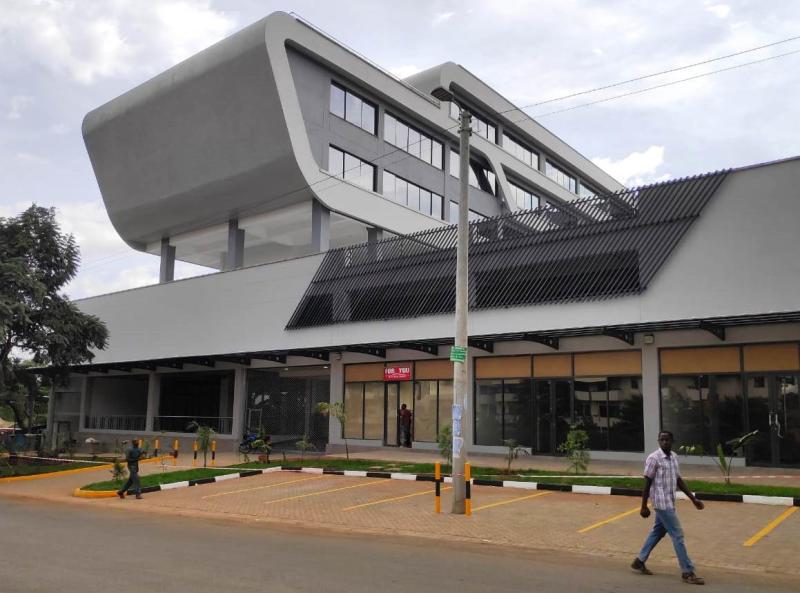×
The Standard e-Paper
Join Thousands Daily

Last year, the Gross County Product report ranked Nakuru the second-richest county after Nairobi.
The report released early in the year found that in 2017, the total value of goods and services produced in Nakuru was Sh517.4 billion, or 6.9 per cent of the national gross domestic product (GDP).